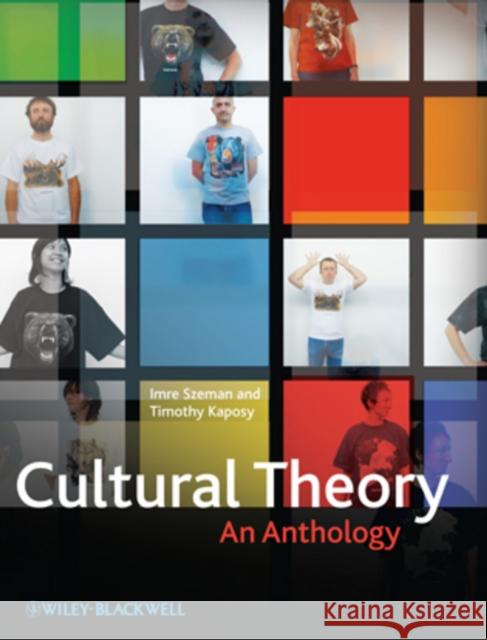Cultural Theory: An Anthology » książka
topmenu
Cultural Theory: An Anthology
ISBN-13: 9781405180832 / Angielski / Twarda / 2010 / 558 str.
Cultural Theory: An Anthology is a collection of the essential readings that have shaped and defined the field of contemporary cultural theory
- Features a historically diverse and methodologically concise collection of readings including rare essays such as Pierre Bourdieu's -Forms of Capital- (1986), Gilles Deleuze -Postscript on Societies of Control- (1992), and Fredric Jameson's -Reification and Utopia in Mass Culture- (1979)
- Offers a radical new approach to teaching and studying cultural theory with material arranged around the central areas of inquiry in contemporary cultural study --the status and significance of culture itself, power, ideology, temporality, space and scale, and subjectivity
- Section introductions, designed to assist the student reader, provide an overview of each piece, explaining the context in which it was written and offering a brief intellectual biography of the author
- A large annotated bibliography of primary and secondary works for each author and topic promotes further research and discussion
- Features a useful glossary of critical terms











